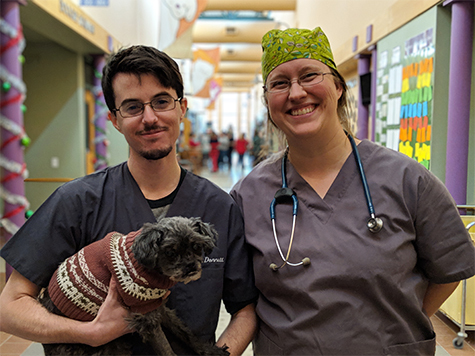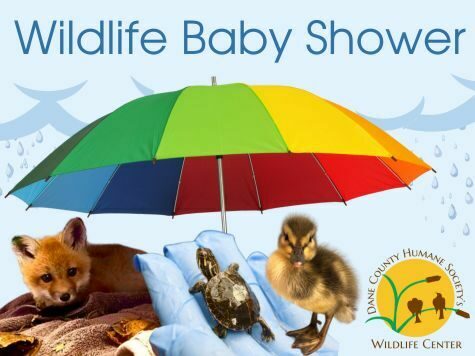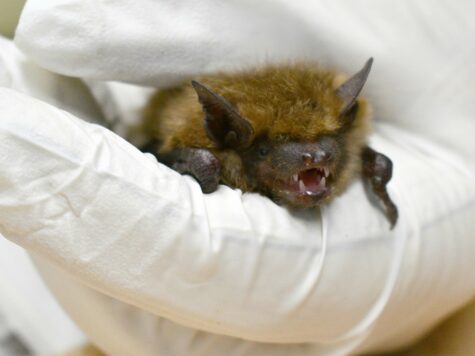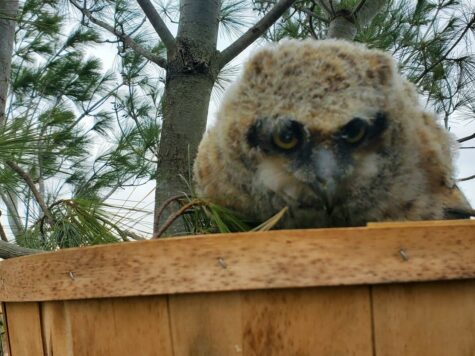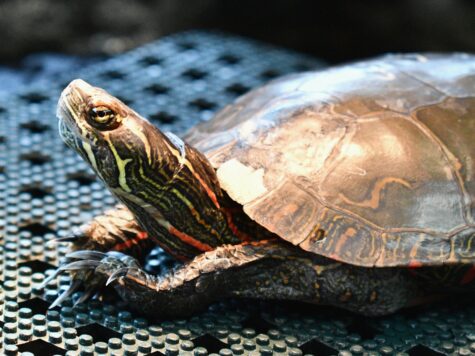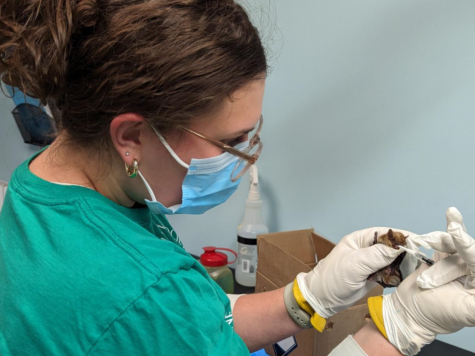Dr. Stuntebeck, DCHS Lead Shelter Veterinarian, and Dr. Donnett, Maddie’s® Clinical Instructor of Shelter Medicine at DCHS, are officially Board Certified in Shelter Medicine.
Becoming board certified involves four years of undergraduate degree, four years of veterinary school, one year of internship in shelter medicine and three years of residency in a Shelter Medicine program. These many years of dedication and hard work culminate in a giant board exam which tests all this knowledge. Shelter Medicine is a newer specialty in the veterinary world and there are not many programs available for those interested. In fact, Dr. Stuntebeck was the very first DCHS shelter medicine intern years ago which forged the way for the many interns that followed.
Both Dr. Stuntebeck and Dr. Donnett have become experts in infectious disease, shelter population management, housing, shelter consultation and much more.
"Shelter medicine is special because you are managing the care of individual animals as well as a population of animals, and finding ways to balance the needs of both. In the shelter world, there are many circumstances where less is more - less time in the shelter leads to healthier and happier animals! We also get opportunities to be advocates for animals who may not have owner’s to advocate for them," says Dr. Stuntebeck. "Disease and stress prevention are keystones of the work we do in animal shelters. It may not be visible in our day to day work, but shelter veterinarians have an important role in helping to implement protocols or systems to that emphasize prevention over treatment. Rather than treating animals who become sick in our care, it’s important to find ways to avoid making them ill in the first place."
Currently, there are only around 20 Diplomats of Shelter Medicine nationwide. Dane County Humane Society is incredibly lucky and honored to have two of them!
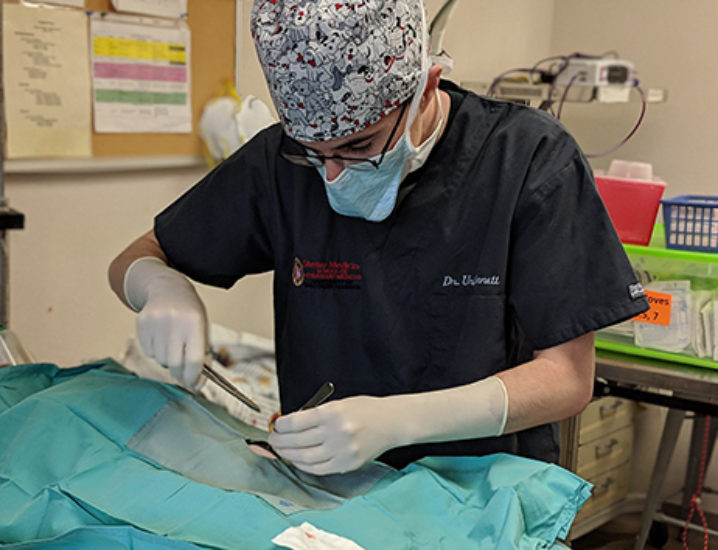
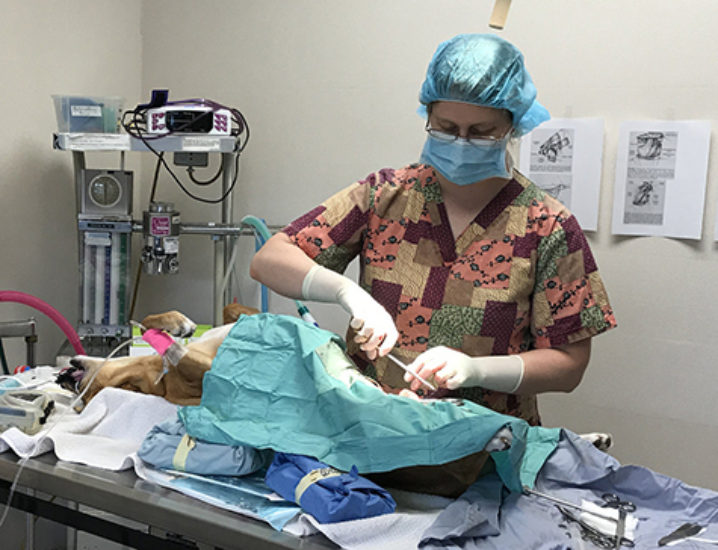
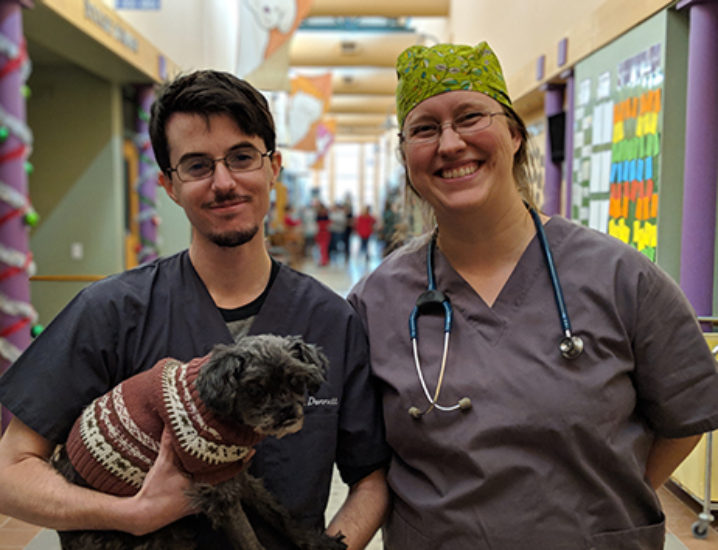
"Historically being a vet in a shelter was thought of as a depressing or undesirable type of job. In reality, this is an incredibly exciting time with many people trying out lots of new ideas to continually stretch the boundaries of what we know and can accomplish in terms of promoting animal welfare and life-saving. Now that there is a board certification there’s an opportunity for other more established specialties to recognize and understand the value and uniqueness of what shelter veterinarians do and bring to the veterinary field," says Dr. Donnett. "Becoming boarded in shelter medicine requires a wide breadth of training and skills to be developed, and helps bring more knowledge, research, and ideas into the work veterinarians are doing in animal shelters."
Please join us in congratulating Dr. Stuntebeck and Dr. Donnett on this great achievement and thanking them for their dedication to animals in need.
